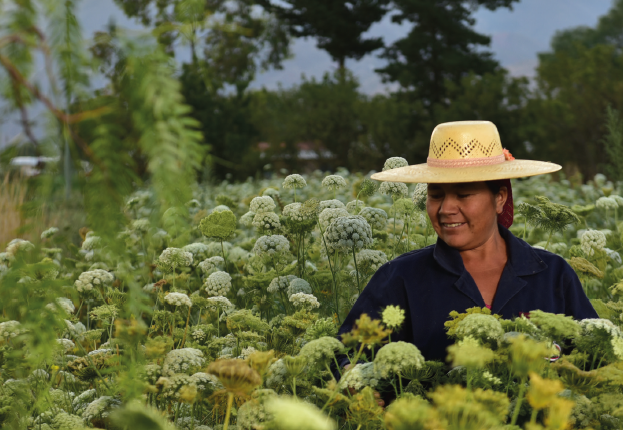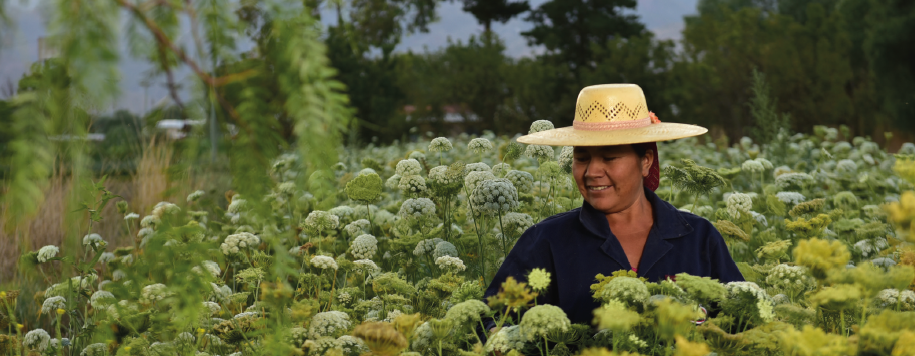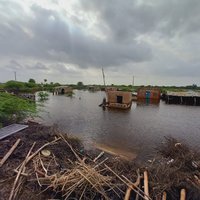Bolivia
Of the 11 million inhabitants that live in Bolivia, 40 per cent live in rural areas and 38% below the poverty line. rural areas work mainly in agriculture, daily supplying markets and providing food security. We have been supporting entrepreneurial groups in the most disadvantaged areas since 2015. The regions of El Chaco in the south and Amazonia in the north are characterized by great biodiversity and a wealth of natural resources, but they are isolated and abandoned which has led to inequality and poverty. The Enterprise Programme has 3 businesses in the portfolio and has successfully exited 5.
Apromam
El Huerto
Valleverde
The role of women continues to grow in Enterprise Programme enterprises. Our work has resulted in 18,500 additional women being able to join the workforce and provide stable, secure incomes for their families
For every £1 invested the programme generates over £3 in increased profits for enterprises, wages and income for producers.
Nearly 55,000 farmers have benefited from their involvement with Enterprise Programme and have seen their incomes increase. About 11,000 farmers got involved as new suppliers or members of the cooperatives owing to the growth of the enterprises supported.



